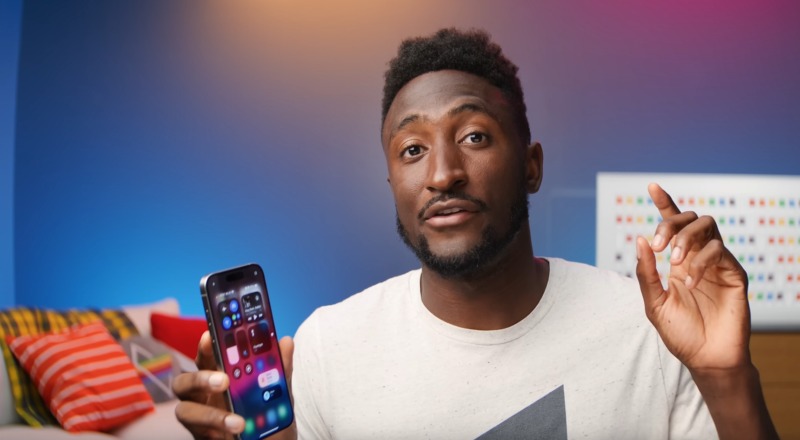In a shocking revelation that’s sending ripples through the tech world, it’s been uncovered that Apple, along with other tech giants like Nvidia and Anthropic, has been using subtitles from hundreds of thousands of YouTube videos to train their artificial intelligence models. This practice, done apparently without explicit permission from content creators, raises serious questions about privacy, copyright, and the ethical implications of AI development. Let’s dive into this complex issue and explore what it means for content creators, tech companies, and the future of AI.

The Data Goldmine: YouTube Subtitles
At the heart of this controversy is the use of YouTube video subtitles as training data:
- Subtitles from hundreds of thousands of videos were used
- This data helped train large language models (LLMs)
- Companies involved include Apple, Nvidia, and Anthropic
A Question of Consent
One of the most pressing concerns raised by this revelation is the issue of consent:
- No mention of explicit permission being obtained from video creators
- Raises ethical questions about data collection practices
- Highlights the complex landscape of digital content ownership and use
Legal Minefield: Copyright and Privacy Concerns
The use of this data without clear permission opens up a Pandora’s box of legal issues:
- Potential copyright infringement if content was used without proper licensing
- Privacy concerns for individuals featured in or creating the videos
- Questions about fair compensation for content creators whose work contributed to AI development
The Ripple Effect: Bias in AI Models
Beyond legal issues, this practice raises concerns about the quality and bias of AI models:
- Biases present in YouTube content could be reflected in AI outputs
- Potential for perpetuating or amplifying existing societal biases
- Questions about the diversity and representativeness of the data used
A Lack of Transparency
This revelation highlights a broader issue in the AI industry:
- Lack of clarity from tech companies about their data sources and training methods
- Need for more transparent AI development practices
- Calls for clearer guidelines and regulations around AI training data use
The Broader Implications
This controversy has far-reaching consequences for various stakeholders:
- Content Creators: Raises questions about control over their work and fair compensation
- Tech Companies: May face increased scrutiny and potential legal challenges
- Consumers: Concerns about the ethics and quality of AI-powered products they use
- Regulators: Highlights the need for clearer guidelines on AI development practices
The Path Forward
As we grapple with the implications of this news, several key questions emerge:
- How can we ensure ethical and transparent AI training practices?
- What role should content creators have in the use of their work for AI training?
- How can we balance the need for diverse training data with respect for intellectual property?
- What regulatory frameworks might be necessary to govern AI development?
Join the Conversation
We want to hear your thoughts on this complex issue:
- As a content creator, how do you feel about your work potentially being used to train AI?
- What responsibilities do you think tech companies have when it comes to data collection for AI?
- How can we balance the advancement of AI technology with ethical concerns and individual rights?
Share your opinions in the comments below. This is a crucial conversation that will shape the future of AI development and our digital world. Let’s engage in thoughtful discussion and work towards a more transparent and ethical AI landscape.
As this story continues to unfold, it’s clear that the intersection of AI, data rights, and ethics will be a defining issue of our technological age. Stay informed, ask questions, and let your voice be heard in this important debate.










Add Comment